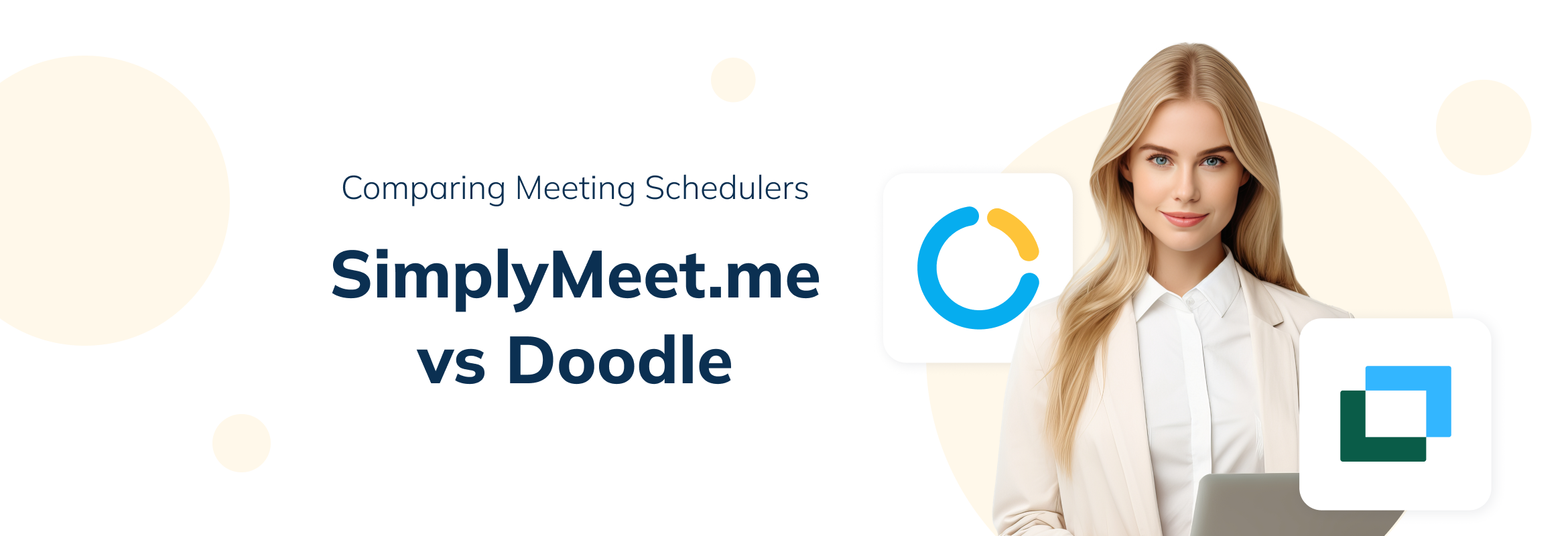Student Guidance & Counselling in Schools & Colleges – Self-Scheduling for Support & Privacy

Student guidance in schools is almost always available but underutilised by students through fear and the potential for ridicule or reprisals. One reason for hesitance in using the school guidance and support system can be its integration with the regular school hierarchy. Students are concerned that their use of the school support system might get back to friends or teachers. The very act of asking for help is enormous for all of us. Student guidance and counselling in schools, colleges and universities is a system crying out for privacy and easy access to self-scheduling.
What is a Student Guidance & Counselling Service?
You might ask what a student counselling service does. In educational institutions, student guidance and counselling can cover a lot of ground and mean different things to different people. The advice could be social, emotional, or academic, while counselling could be anything from dealing with failing grades, emerging sexuality, bullying, and other mental and physical health issues.
In an ideal world, all educational institutions should probably provide access to all the support listed above. Perhaps it all falls under the purview of a single student guidance counsellor. Maybe it is split into academic guidance and mental health support, with different counsellors to make the students feel more comfortable discussing their concerns and feelings.
Poor mental and educational support for students can be a significant reason for academic performance and dropping out.
Why Self-Scheduling Makes Student Guidance & Support More Accessible
At a point when anyone feels the need to reach out for support or guidance, they are probably feeling a little vulnerable. We all feel it when we need help with something. So sometimes, it’s easier to acknowledge that need for support and ask for it in privacy.
The guidance counsellor’s office is usually within easy reach of all parts of the school and is often on a well-travelled path. This means that anyone feeling uncertain of themselves or dealing with a personal crisis might have to approach the office in full view of their peers and potentially have to make an appointment for another time. All the while they are thinking about what people will say if they ask why they went to the counsellor. Few young people have the social grace and confidence to say, “None of your business,” especially when they feel vulnerable.
Self-scheduling has a particular benefit. No one needs to know anything. It doesn’t require a complex schedule to go and make an appointment while the corridors are empty. Moreover, students can do it when they think about it, whether from a smartphone, tablet or campus computer lab.
Everyone Benefits from a Well-Supported Student Body
No one benefits from students left unsupported in their educational journey – Not the school, students, or teachers.
If poor support is a leading cause for students to quit or fail to achieve their grades, the school will lose reputation points.
Students in schools and up to universities will not perform as well in their studies, damaging their future prospects,
Teachers in schools with a poor support structure for the students will not be able to teach so well if they have to try to pick up the slack regarding supporting the non-academic side of education.
And then, it becomes a vicious downward spiral because teachers don’t perform as well, neither do the students, and the school’s reputation continues to crumble.
In essence, student guidance and support help the school, the teachers, and the students.
Making Student Guidance and Support Easy and Accessible.
Making student guidance and support easier to access and more “socially acceptable” to peers is not at difficult as you might think. You may already have a system that enables self-scheduling for your students. However, for the sake of confidentiality, a separate system is probably preferable.
To protect the students’ interests, you would be best served by using an isolated system for guidance and counselling. When it’s already hard enough to ask for help or tell someone your problems, you don’t want it to be common knowledge throughout your school or find that the teacher you raised concerns about was in the loop with the counsellor.
Providing confidentiality to your students should be one of your highest priorities. It will help to engender trust when they need it most.
Do you really need to make students come to the office that’s most likely on a busy corridor? Everyone can gawk and do mental gymnastics about why one of their peers is going to the counsellor’s office. Would it be preferable for some of the students if they could have a video call? The location isn’t essential as long as they feel comfortable talking to you.
Making the student guidance and support network a staple of any news and term beginnings is a good start. Maybe they don’t need it at the beginning of the year when all the new school year stuff goes out, and lots of information gets handed out. But come Christmas or exam time, they might need a reminder that support is available.
It’s as simple as sending a link in an email.
How SimplyMeet.me Can Help
SimplyMeet.me is a meeting scheduler that makes self-scheduling easy for everyone. It is capable of dealing with a school counselling and guidance service with no problems.
An organisational framework is available for multiple counsellors and guidance officers with a head of the department overview. You can organise general meetings where students need to get things off their chests. However, perhaps they require academic and career guidance, further education assistance, and mental health support. It’s easier for them to select a generalised topic for help, rather than explaining to a secretary or receptionist why they want to see the guidance counsellor.
You may have multiple counsellors for several reasons
- Student comfort and engagement – (whether for gender, race, religion, etc.)
- Specialism (career, mental health, occupational health)
- Size of the school (in a large school, you can’t expect one or two people to support thousands)
It’s just a few clicks on a booking page link to book an appointment when the student needs it, requesting a location (or an online meeting) and confirming it. They will even get a reminder to their email, and the option to cancel or reschedule.
As SimplyMeet.me is a very straightforward meeting scheduler, it is a perfect addition to a school system, and conveniently isolated from the school administration.



Comments
0 commentsNo comments yet